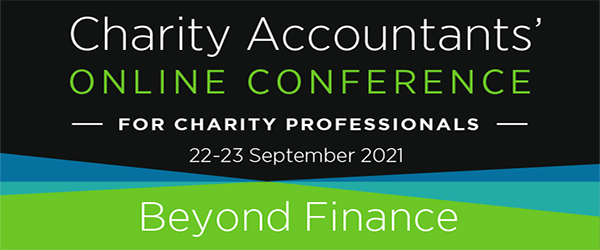Charity reserves - one of the most misunderstood financial terms in our sector - by people within our sector
Originally posted by Debra Allcock Tyler on Twitter, all you need to know about charity reserves.
Charity reserves – one of the most misunderstood financial terms in our sector – by people within our sector. A number of points to consider.
1. It is very, very difficult to build up reserves – particularly liquid ones.
2. Donors do not want their donations to be used to build up reserves.
3. Funders do not want their grants to be used to build up reserves. I have never known a grant application to say ‘We need the money for our reserves’ to which a Funder said ‘ok then’
4. The majority of reserves held by operating charities are not liquid.
5. Even with voluntary insolvency there are very, very strict rules about who gets paid first – and it is always the government.
6. No revenue generating charity can ever guarantee its income – we put in funding applications or create appeals for donors or design services that we can charge for – then we can only use our best judgement as to the likelihood of success.
7. Technically we are not allowed to sit on big reserves – in law trustees are supposed to deploy the money it is given in service of its objects – hanging on to reserves over providing a service is potentially contentious and untested in law (as far as I know)
8. The public & many funders find it difficult to even accept the need for donations used for core costs (essential resources I call them) – so it’s a huge stretch to say ‘by the way not only is your money being used for a salary we’re also tucking some of it away in reserves’
9. Being a trustee is an often highly stressful balance of decision making and risk. Do we cut that vital service to those people in vulnerable situations at the risk of real harm or do we hang on to that £20k so our reserves position is ok. These are horrible and hard choices.
10. As a result of this pandemic many charities have used their reserves to keep going. It is not going to be easy to build them back up again. Should the trustees close down the charity just in case something goes wrong to protect themselves from prosecution?
11. For many charities diversifying income is almost impossible. Unpopular causes typically don’t attract funders or public donations and rely on state funding.
12. Governments love and encourage the private sector to make profit from taxpayers money but loathe the charitable sector for building up reserves with that same money. Some funders and lots of donors feel the same.
The issue of reserves is complex and morally ambiguous – to have them is considered both good and bad depending on your perspective. We should not expect such a nuanced issue to have simple answers.And we should not be so quick to judge. There but for the grace of and all that.
Originally posted on Twitter.
Come and hear from Debra in the panel session: Charity reserves – for spending or saving? at this year’s Charity Accountant’s Conference 2021/22, click here for more info.


